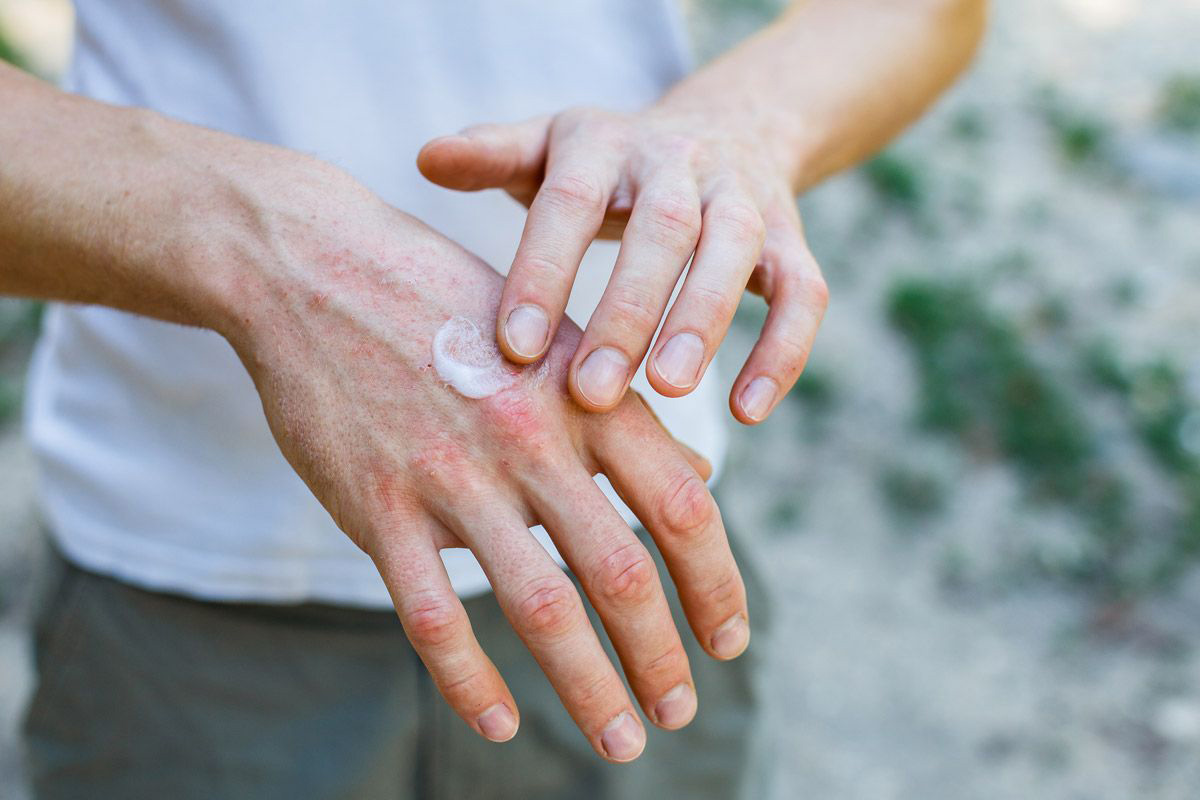Important Facts to Know About Covid-19
In the news recently or in media circulated online, you might have heard rumors about pets, such as dogs, contracting COVID-19 or coronavirus. As a pet owner or animal lover, you may be concerned as to whether or not there is any truth to this statement. According to the American Kennel Club (AKC), the coronavirus is believed not to be a threat to pets, as there have been no reported cases of the coronavirus in domestic animals. However, this does not mean that we shouldn’t be vigilant about protecting ourselves and our pets. Following regular health precautions such as frequent hand washing and avoiding infected persons is advised to help us maintain our own health, as well as the health of our beloved pets.
Viruses cause a majority of upper respiratory infections or URIs. The most prevalent illnesses that people acquire because of these pathogens are the common cold and the flu; these can be transmitted through direct and indirect contact, as well as inhaling aerosol droplets expelled by an infected person. Additionally, the recent COVID-19, also known as coronavirus is transmitted in similar ways, and shares many symptoms with the common cold.
The common cold is characterized by fatigue, headache, and a sore throat. These progress over the next few days until it goes away after about a week. Meanwhile, the flu exhibits similar symptoms but manifests in a more sudden and severe manner. A person with this condition might also experience high fever, chills, and body aches. For most, COVID-19 will look very similar to the common cold in terms of symptoms. However, for some it can cause high fever and/or respiratory issues.
A Home Care Guide to Treating the Flu, Coronavirus, or the Common Cold
If you or your loved one is feeling unwell, you need general health care knowledge to know how to deal with it. It is wise to see a doctor at the first sign of illness. A healthcare professional can help determine your illness, and help put the patient on the best path to recovery. While also undergoing treatment from a doctor, there are a variety of things one can do at home to ease the symptoms of an illness. Here are some measures you can take to relieve symptoms:
Get Plenty of Rest
Supporting your immune system is a vital step to recovering from a URI. Whether you or a loved one is suffering from the flu or coronavirus, the best way to combat the illness is by getting proper rest. You should not strain yourself if you’re already feeling unwell because this will further weaken the body’s defenses that fight infection.
Common cold, the flu, and coronavirus are contagious from the moment a person contracts them. Taking days off work or school will prevent the virus from spreading. If possible, quarantine yourself or the sick individual and assign one person to care for them to minimize the family’s exposure to the illness.
Stay Hydrated
When you have a fever associated with both the seasonal flu or COVID-19, you can lose a lot of fluid through sweating and fast breathing. Drink plenty of liquids throughout the day. It’s likely that you may not want to drink anything, but it is important to be consistent in doing this to avoid dehydration. While mild fluid loss can be treated easily, severe dehydration requires the attention of physicians.
Hot drinks also relieve nasal congestion because they thin mucus. If you find it difficult to sleep at night due to your colds, make a cup of hot herbal tea with one teaspoon of honey to soothe your discomfort.
Take Medication
One of the best ways to address your condition is by seeking treatment from a doctor as early as possible. In doing so, you can be prescribed the proper medicine that will help you feel better in a shorter amount of time. Antivirals should be taken within the first 24 hours as they are most effective during this period. Ensure that you follow the right dosage and intake duration while recovering at home.




